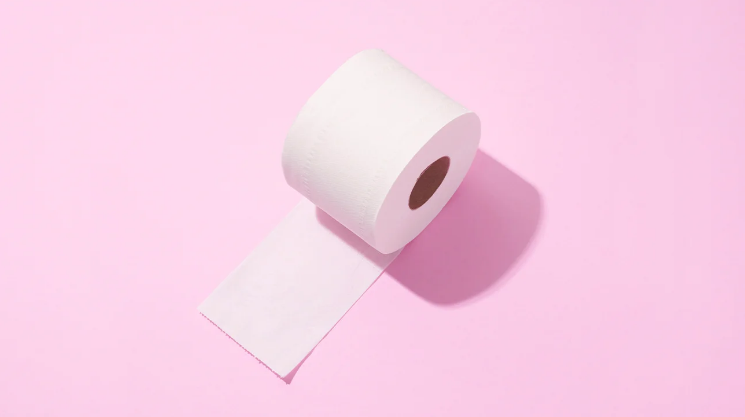A study from 2013 revealed that 24 percent of females experiencing fecal incontinence reported diminished sexual desire and satisfaction. They also encountered difficulties with vaginal lubrication and achieving orgasm, which can certainly put a damper on things.
That’s why we’re here to lend a hand. Here’s what you need to know.
Is any kind of sexual activity potentially risky?
Fecal leakage isn’t limited to anal sex; it can happen during vaginal penetration or even during particularly intense orgasms.
What triggers it exactly?
Sexual Positions
Your position during sex can exert pressure on your abdomen, which, in turn, may affect your bowels.
While this pressure doesn’t necessarily mean you’ll have a bathroom mishap, it might give you that sensation.
If you haven’t visited the loo before getting frisky, relaxation or being fully immersed in the moment could inadvertently lead to an accident.
Orgasm
You’ve probably heard of people pooping during childbirth. Similarly, a powerful orgasm during vaginal sex can trigger the same response.
Orgasms prompt uterine contractions, releasing hormone compounds known as prostaglandins. These contractions and increased blood flow to the lower pelvis for lubrication can sometimes make it harder to control bowel movements.
Anatomy
The nerve endings in the anal region can make you feel the urge to poop during anal sex. Additionally, sexual arousal increases blood flow to the anal tissues, moistening the anal canal and potentially facilitating leakage.
However, pooping during anal sex is rare. It’s more likely that there may be some fecal matter transfer, which isn’t a big deal.
Underlying Conditions
Nerve damage or injury to the anal sphincter can heighten the risk of fecal leakage during sex. These injuries can result from chronic straining due to constipation, childbirth, or sexual trauma. Certain diseases like multiple sclerosis, inflammatory bowel disease, and diabetes can also cause nerve damage. Hemorrhoids or rectal protrusions can contribute to anal leakage as well.
Should you consult a doctor?
If it happens infrequently, particularly after a robust orgasm, it’s probably not cause for concern. However, if it’s frequent or worrying you, consulting a healthcare professional is advisable. They can assess if there’s an underlying issue and provide guidance on what to do next.
Can you prevent it?
The best preventive measure is emptying your bowels before getting intimate. Having less waste in your colon reduces the likelihood of accidents during sex. Establishing a regular bowel routine through adequate hydration, a fibre-rich diet, and exercise can facilitate this.
For those concerned about anal play, using an enema beforehand can offer reassurance. Enema kits are typically available at pharmacies.
What if it does happen?
Stay calm. While it may feel embarrassing, panicking could lead to regrettable actions or words. If comfortable, communicate with your partner about what occurred. This ensures they understand the need to pause and clean up, avoiding any misconceptions about withdrawal or rejection.
And if it happens to your partner?
Reacting negatively could intensify feelings of shame or embarrassment. Instead, approach the situation with empathy and understanding. Discussing preventative measures for next time, such as positions or preparation steps, can help.
If your partner prefers not to discuss it, respect their decision, but let them know you’re there for support if they change their mind.
The takeaway
Discussing the incident with your partner or seeking advice from a healthcare professional can alleviate any anxiety or discomfort. This prepares you for future encounters and increases the likelihood of a smooth experience.
- Sh*t Happens — Including During Sex. Here’s How to Deal - April 30, 2024
- Tongue Thrust in Children and Adults: What You Should Know - April 30, 2024
- VAPES By Dietsmoke-Exploring the Finest Vapes: A Comprehensive Review - March 8, 2024

